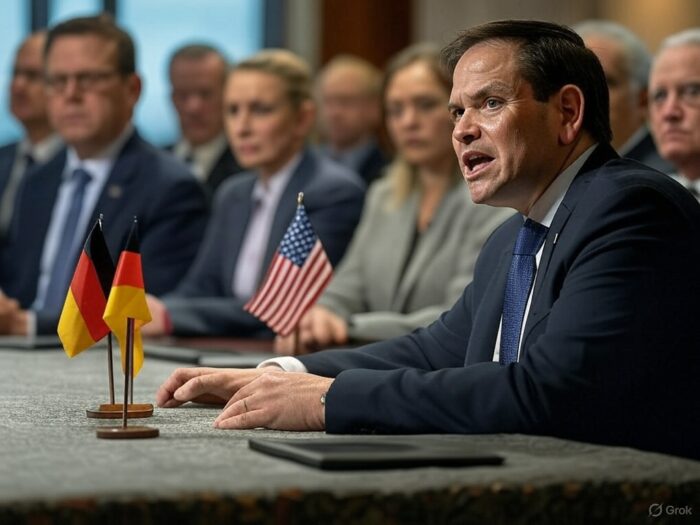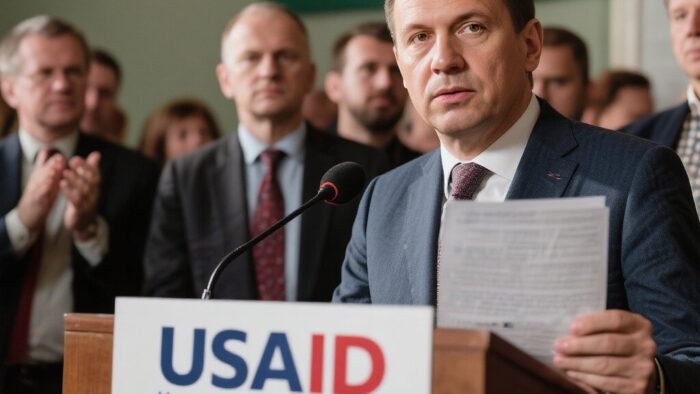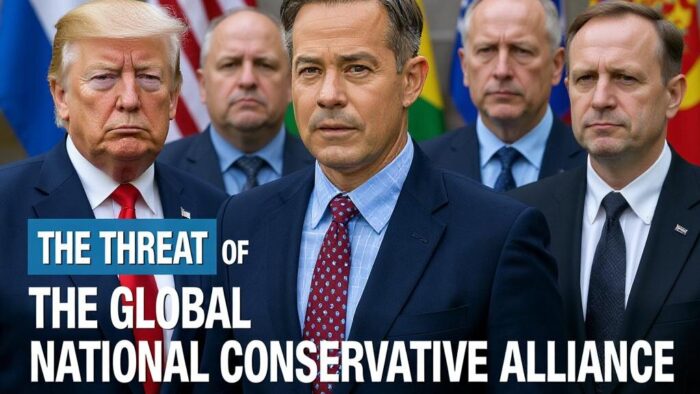Marco Rubio has restricted US criticism of foreign elections through a new State Department directive that sharply limits commentary on the legitimacy of foreign electoral processes to “rare” occasions, marking a significant departure from longstanding American diplomatic practice. On 18 July 2025, The New York Times reported that Secretary of State Marco Rubio issued an official cable instructing diplomatic posts to avoid opining on the “fairness or integrity” of most elections, instead focusing on congratulating winners and noting shared foreign policy interests. The article begins:
The State Department will sharply restrict its commentary on the legitimacy of foreign elections to “rare” occasions, according to a new directive from Secretary of State Marco Rubio that continues the Trump administration’s turn away from promoting democracy abroad. In an official cable to diplomatic and consular posts on Thursday, Mr. Rubio said that public comments on foreign elections “should be brief, focused on congratulating the winning candidate and, when appropriate, noting shared foreign policy interests.” Such messages, the agency memo added, “should avoid opining on the fairness or integrity of an electoral process, its legitimacy, or the democratic values of the country in question.” The directive applied to the department’s domestic offices and foreign posts, Mr. Rubio said.
Read more: https://www.nytimes.com/2025/07/18/us/politics/rubio-foreign-elections-cable.html[paywall}
Key Points
- The directive represents a dramatic shift from previous practice, including Biden administration criticism of “pantomime elections” in Nicaragua and “election fraud” in Belarus
- Rubio himself previously criticized foreign elections as a senator, calling Venezuela’s 2024 vote “a complete fraud” and Putin a “tyrant” who “stole an election”
- The cable cited Trump’s “America First” foreign policy vision, which treats disputes over political freedoms as needless distractions from strategic interests
- Diplomatic posts wanting to condemn elections for “violence during voting or sham election” must seek senior department approval, with permission being “rare”
Marco Rubio & the Global National Conservative Alliance
Marco Rubio’s involvement with the Global National Conservative Alliance (GNCA) signifies his participation in a transatlantic network that connects American and European nationalist movements. As Secretary of State, Rubio has taken significant policy actions that align with GNCA positions, including defending the AfD against extremist classifications when he labeled Germany’s intelligence service designation as “tyranny in disguise,” drawing sharp criticism from German officials who viewed his comments as inappropriate interference.
His administrative decisions have systematically dismantled US counter-influence operations, as he announced USAID’s complete termination while Hungarian officials claimed vindication over longstanding accusations that the agency funded opposition groups during Hungary’s 2022 parliamentary elections. Rubio’s participation in National Conservative conferences demonstrates his connection to this ideological movement, as he has spoken at multiple National Conservative gatherings alongside other prominent figures, such as Ron DeSantis, establishing his role within a network that seeks to challenge traditional globalist institutions through coordinated policy positions across multiple nations.
External References:
-
The Case for Building a National Conservative Alliance
-
The Trump Administration’s Withdrawal from the Fight Against Foreign Influence
Foreign Election Interference: Global Campaigns Target Democracy
Foreign adversaries have intensified sophisticated interference operations targeting democratic elections worldwide, with state-sponsored actors deploying increasingly advanced techniques to manipulate voter behavior and undermine institutional trust. Chinese disinformation networks amplifying pro-Duterte narratives in Philippine elections demonstrate how Beijing coordinates with local political factions to advance geopolitical interests, while German intelligence warnings about Russian campaigns reveal Moscow’s systematic efforts to exploit social divisions through AI-generated deepfakes and coordinated bot networks.
The scope extends beyond bilateral interference, as Kremlin operations targeting Eastern European democracies employ vote-buying schemes, cyber attacks, and fabricated content to destabilize EU-aligned governments in Moldova, Romania, and Georgia. These campaigns represent a fundamental shift from traditional propaganda to hybrid warfare strategies that combine disinformation, financial corruption, and technological manipulation to achieve strategic objectives without conventional military intervention.
External References:
-
Russian Influence Operations Targeting Germany’s 2025 Elections
-
How Russian Disinformation Influences Voter Behaviour in Central and Eastern Europe
-
Russian Interference in the 2024 Elections of Moldova, Romania and Georgia
Disclaimer
The Global Influence Operations Report (GIOR) employs AI throughout the posting process, including generating summaries of news items, the introduction, key points, and often the “context” section. We recommend verifying all information before use. Additionally, images are AI-generated and intended solely for illustrative purposes. While they represent the events or individuals discussed, they should not be interpreted as real-world photography.











